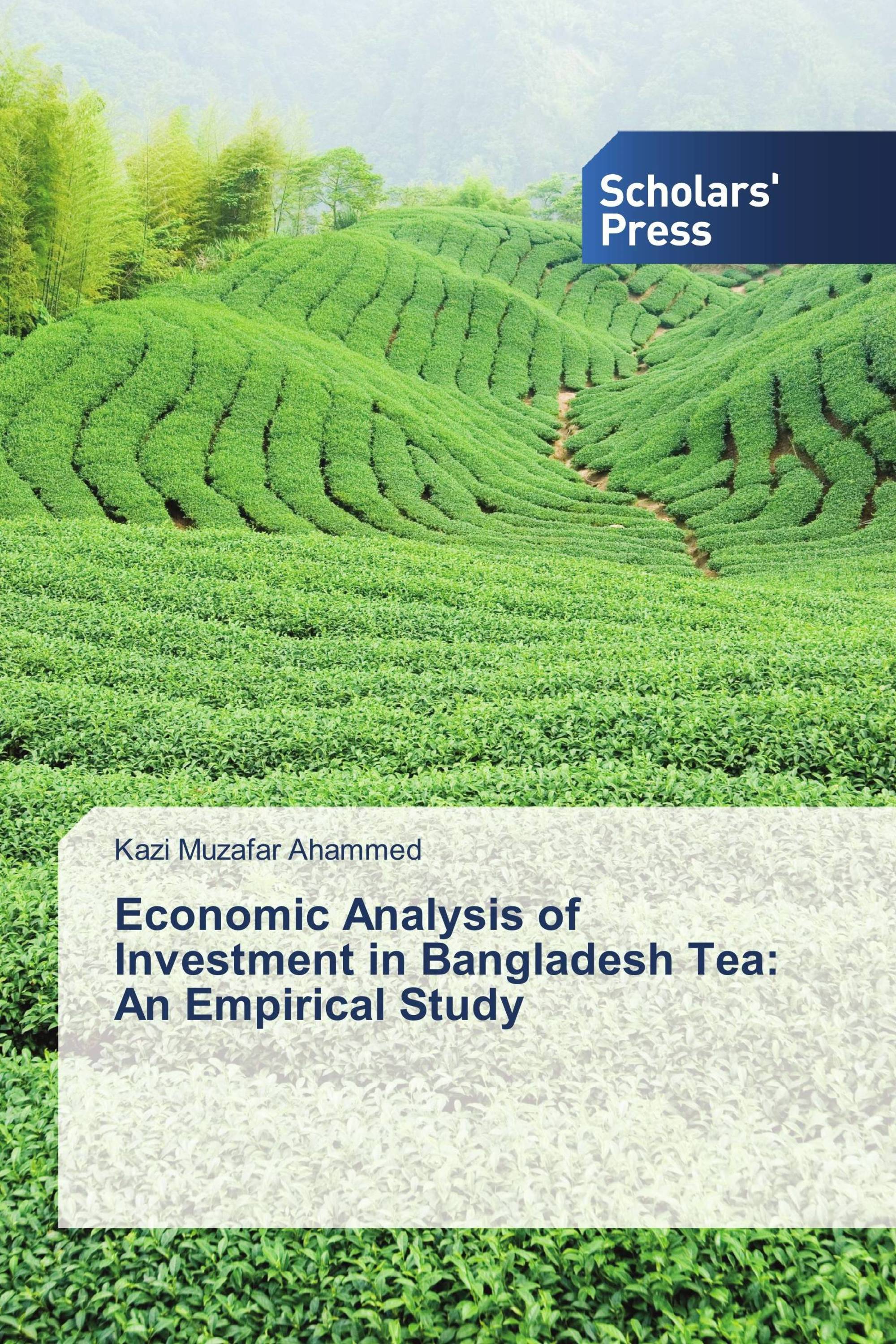Economic Analysis of Investment in Bangladesh Tea: An Empirical Study
International Research Press ( 05.10.2013 )
€ 104,90
This study discusses about need, scope and potentials for further investment in Bangladesh tea. Bangladesh produced 58.30 million Kg and consumed 37.44 million Kg of tea in 2003. Tea provides employment to 115,533 people. It alleviates rural poverty. Abrupt increase in internal consumption causes to decrease exportable surplus with low rate of production, which causes to decline tea export. If these trends continue the country will be a net importer of tea in 2017. Production is to be increased to meet internal demand and to retain export of tea. For producing additional tea new avenues like small holding tea cultivation (SHTC) is to be explored. This study introduces investment covering gestation period within which tea plants are brought to bearing. Comparative advantage is available in tea. Investment in tea seems to be viable since NPV is positive, B-C ratio is greater than one and IRR is above market rate of interest. The outcomes of development projects are extremely discriminatory ownership-wise, class-wise and region-wise. Investment in SHTC, small & least developed estates may help Bangladesh to emerge as one of the major tea producing and exporting countries in the World.
Buch Details: |
|
|
ISBN-13: |
978-3-639-51889-4 |
|
ISBN-10: |
3639518896 |
|
EAN: |
9783639518894 |
|
Buchsprache: |
English |
|
von (Autor): |
Kazi Muzafar Ahammed |
|
Seitenanzahl: |
400 |
|
Veröffentlicht am: |
05.10.2013 |
|
Kategorie: |
Wirtschaft |



